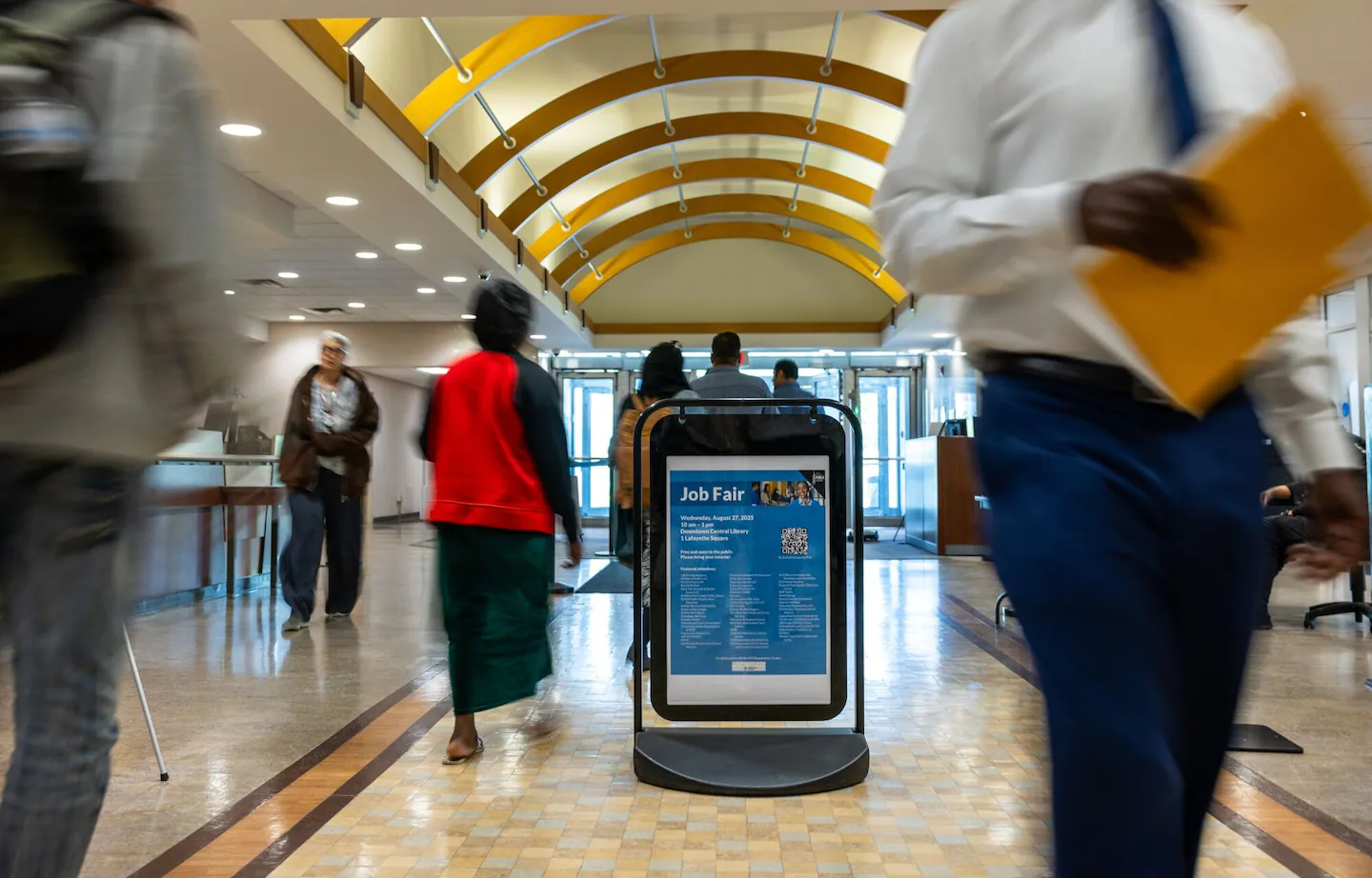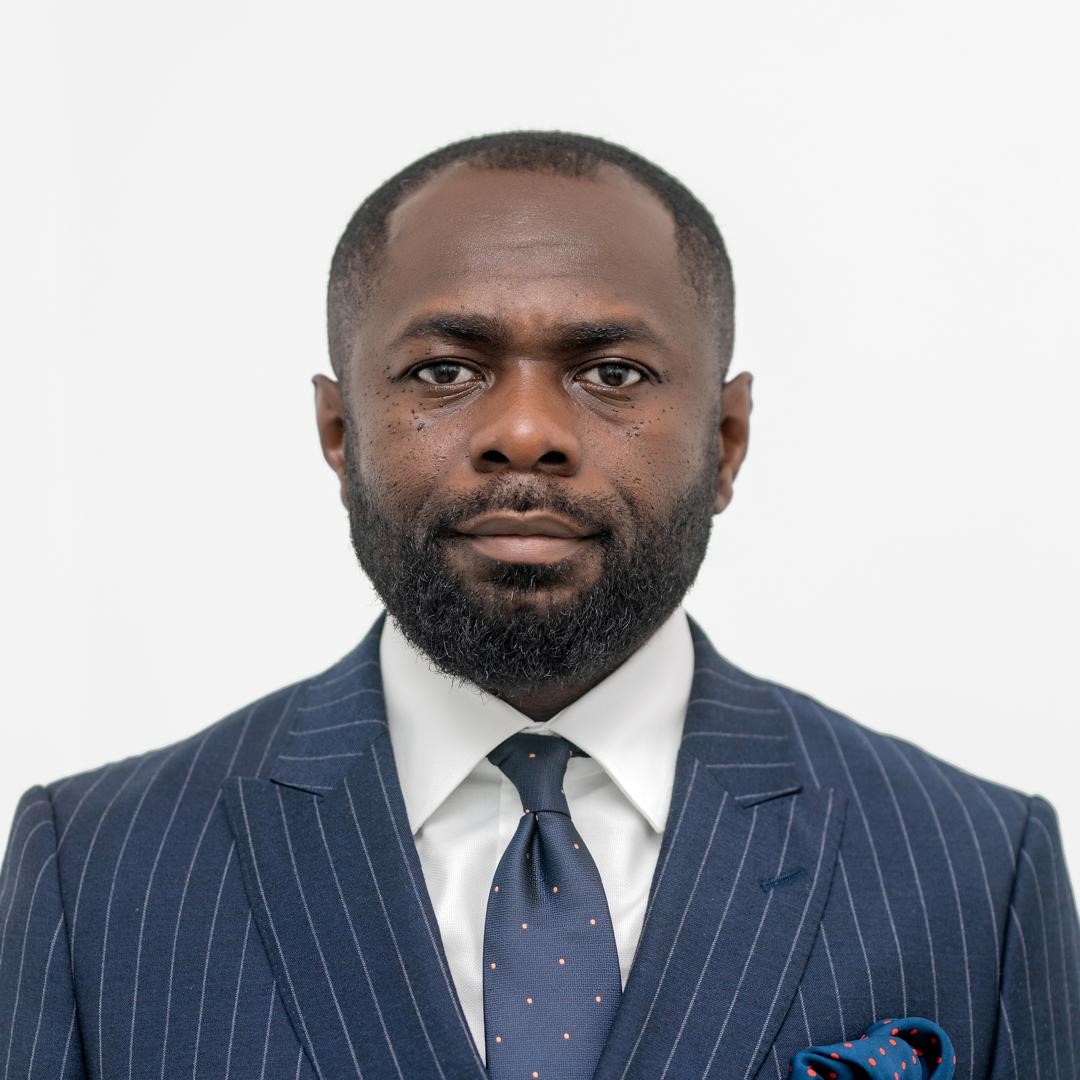By Dayak Daily Team,Editor KB
Copyright dayakdaily

By DayakDaily Team
KUCHING, Sept 26: Mastering English from an early age will not cause children to lose their identity, but instead strengthen it, as proven by Sarawak and Malaysia’s multilingual communities.
Responding to recent remarks from an academic at Universiti Pendidikan Sultan Idris (UPSI) who cautioned against introducing English too early for fear of diluting cultural identity and undermining the national language, Parti Bangsa Dayak Sarawak (PBDS) president Dr John Brian Anthony emphasised that both can co-exist.
He said the issue should never be framed as a choice between preserving the national language or mastering English. Instead, both must be embraced in a balanced way.
“As Dayaks, we know this truth well. For generations, our communities have been multilingual, speaking Iban, Bidayuh, Orang Ulu and other native tongues alongside the national language. This heritage proves that learning more than one language does not weaken identity; it strengthens it
“That same resilience must now guide our children to embrace English without fear of losing who they are,” he said in a statement today.
While PBDS respects the freedom of academics to share their views, Brian warned that delaying English exposure could hold back Malaysian children compared to their regional and global peers.
“We also agree that preserving the national language and culture is fundamental, as it remains the foundation of unity and identity for the whole country.
“At the same time, we must face the reality of today’s world. English is not just another subject; it is the global language of science, technology, commerce, and higher education. If we delay English exposure, we risk holding back our children,” he stressed.
He added that children can, and must, grow up deeply rooted in the national language and culture, while also mastering English as a gateway to global knowledge and opportunity.
He pointed out that the real challenges lay in capacity and resources, particularly for rural schools with many early childhood teachers still unprepared to teach English effectively.
To address this, PBDS proposed several measures, including strong bilingual training for teachers, developing age-appropriate, world-class English learning materials tailored for Malaysian children, testing and monitoring pilot programmes before wider rollout, and embedding cultural safeguards in every curriculum to ensure the national language, heritage and values remain central.
“PBDS believes our role is to prepare today’s children as tomorrow’s leaders. They must be proud of their roots, confident in their culture, and fully equipped to take their place in the global arena,” he said.
Reiterating PBDS’s stance, Brian stressed that loving one’s own language does not mean shutting the door to others.
“Mastering more languages only strengthens our children’s ability to serve family, community, and nation,” he added. — DayakDaily



